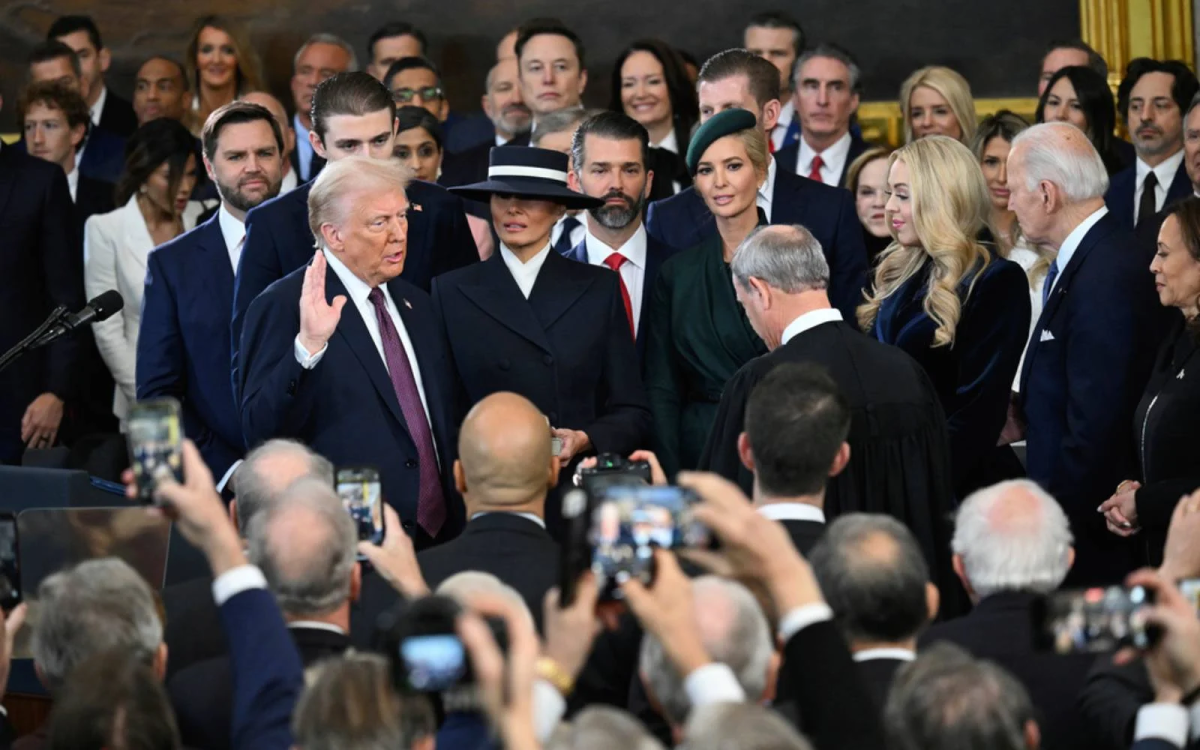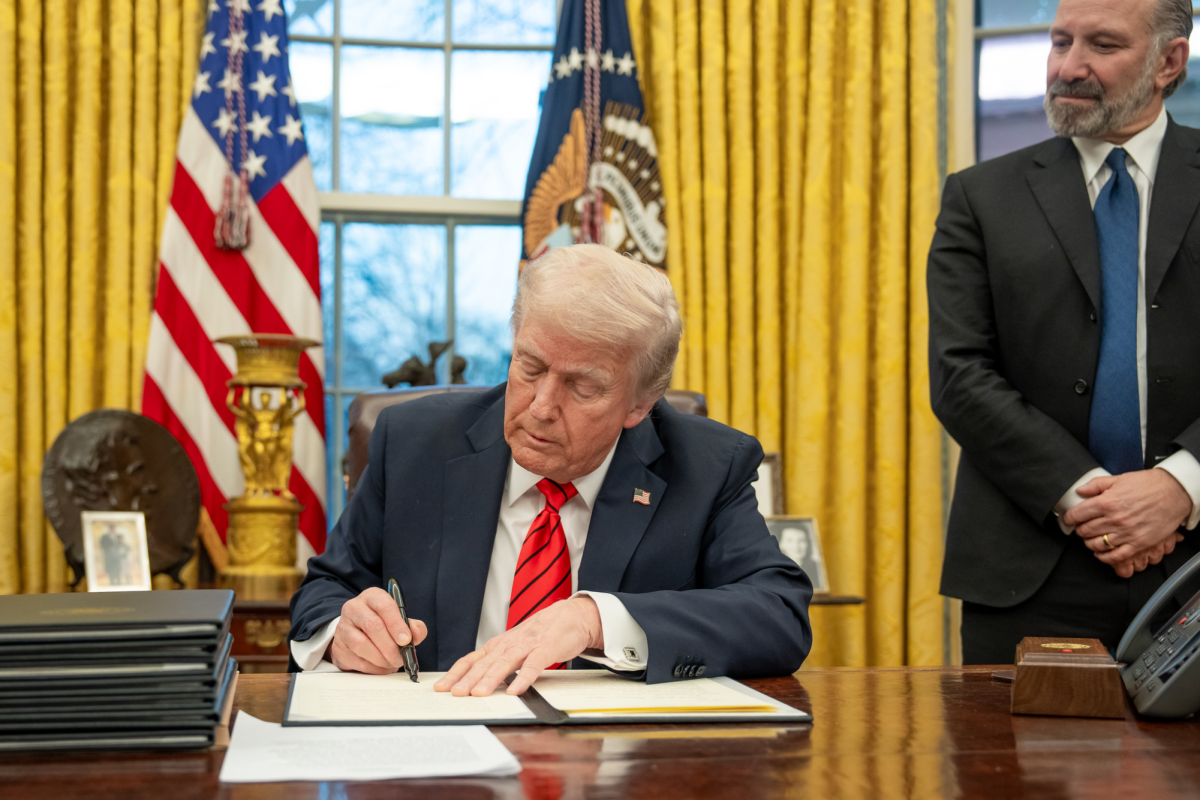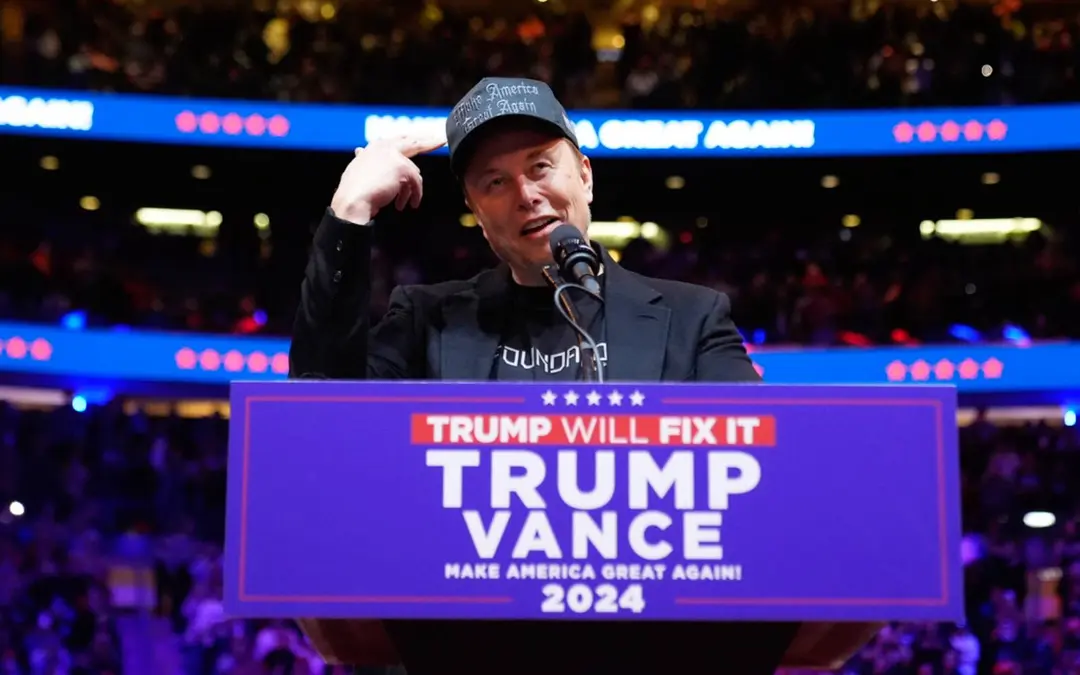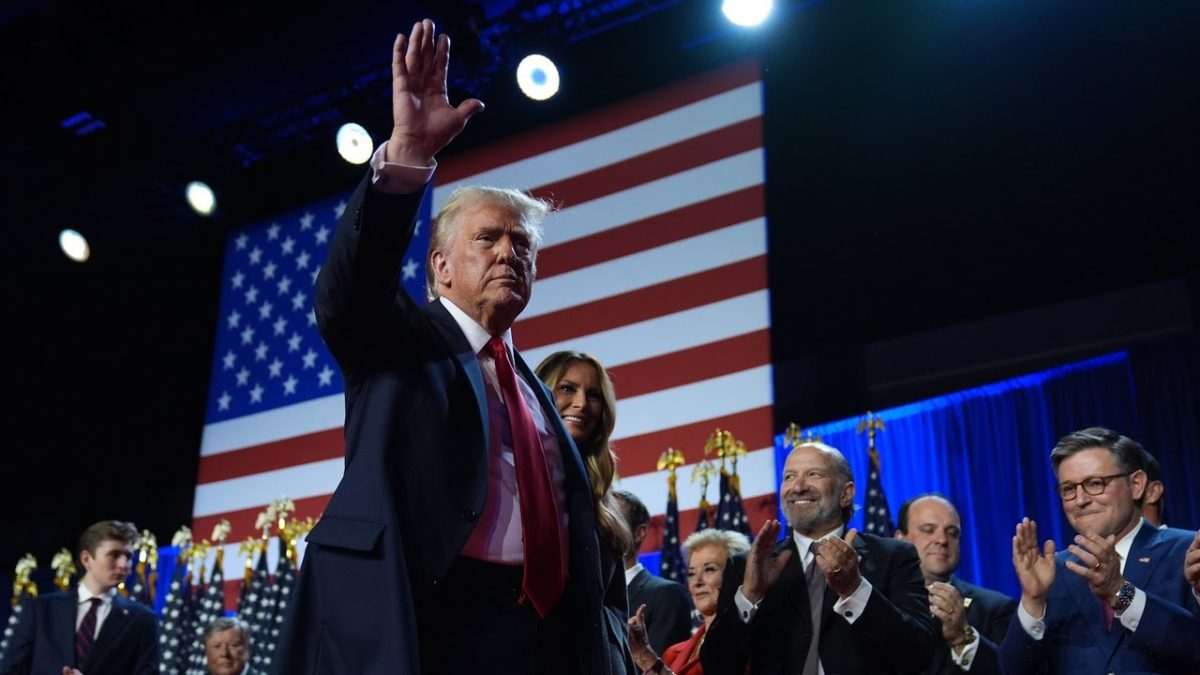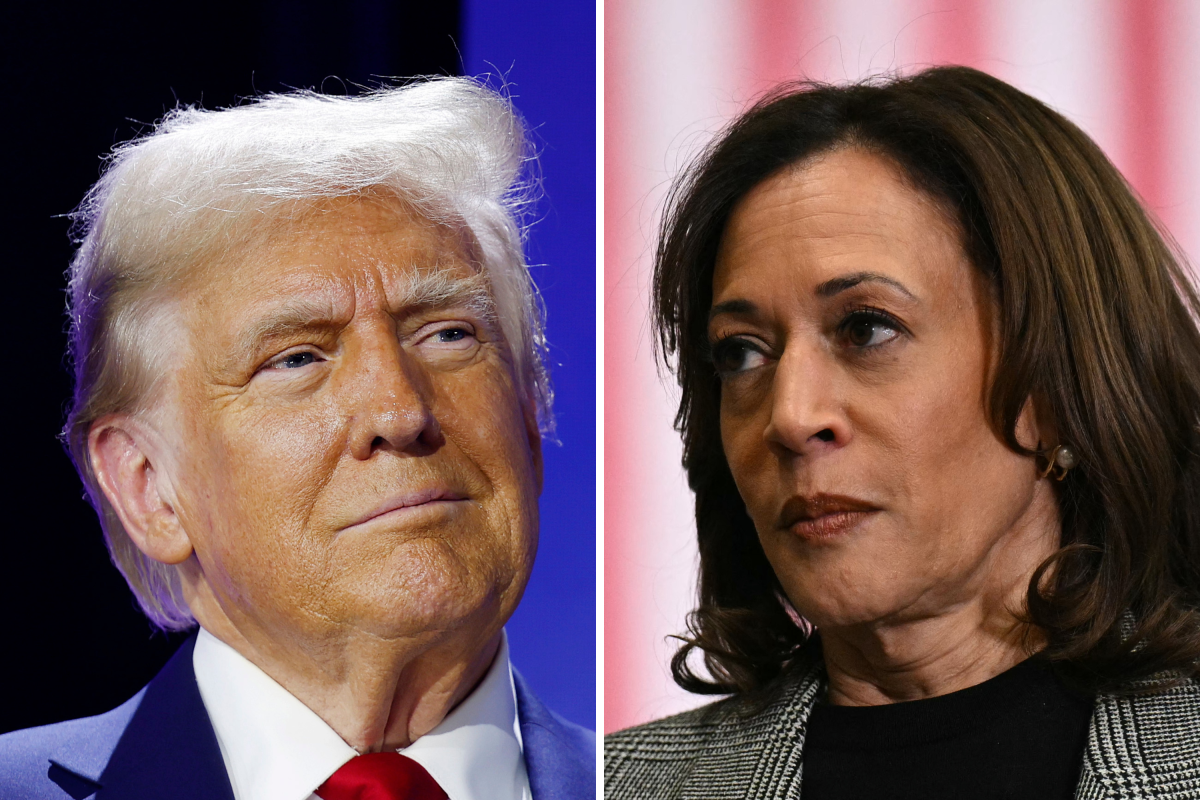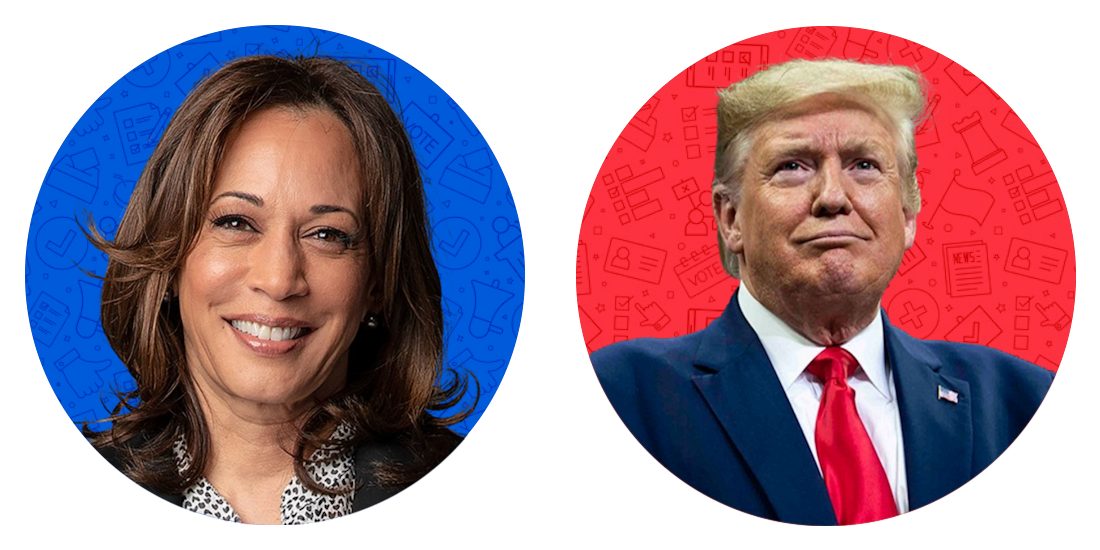The inauguration of the President of the United States often brings about feelings of hope for the incoming administration – whether that is for continued prosperity or, as seems to be more typical in 21st century America, major reform. Donald Trump’s second inauguration seemed to bring much of the same, with his address emphasizing unity and his plans in office while leaving out the tone of retribution that often underlined his presidential campaign.
As is standard, a number of pop culture stars performed at the inauguration, which was headlined by names like Carrie Underwood and Snoop Dogg – who was notably a former critic of the President in years past – alongside many who made public endorsements of Trump during the campaign, such as Kid Rock and Billy Ray Cyrus. Other notable politicians, including former Presidents George Bill Clinton, George W. Bush, Barack Obama and Joe Biden, also attended.
Several tech billionaires also appeared at the event, with Meta CEO Mark Zuckerburg, Apple CEO Tim Cook and Amazon CEO Jeff Bezos taking their seats next to Trump and Tesla CEO Elon Musk. OpenAI CEO Sam Altman attended, too, as the regulation of AI looks to become a new political battleground in the coming years. Amazon and Meta each donated $1 million to Trump’s inaugural committee – payments that are not atypical (Google and Microsoft made major donations to Joe Biden’s inauguration in 2021) but are in larger amounts than normal. This was reflected in the sum total of all donations to the president’s inauguration: $162 million, more than double what Biden raised four years prior.
The appearance of these CEOs comes as many social media sites have taken steps to align with Trump’s policy, with Meta in particular announcing on January 7 that they would be removing all fact-checking from their social media platforms (Facebook, Instagram) in the United States and would be replacing them with a community notes feature, similar to that of Musk’s X (formerly Twitter).
In his inaugural address, Trump focused on his plans to “put America first” – one of his major campaign slogans – and noted a “crisis of trust” in government while vowing to bring reform to various systems that he spoke out against during his campaign, such as disaster relief programs and the public education system. Referencing the attempt on his life in July, Trump proclaimed that he was “saved by God to make America great again” while mentioning the mandate he was given to “completely and totally reverse a horrible betrayal” to the American people. He made mention of a few of his policies in office – plans to deport illegal immigrants, take back the Panama Canal, and roll back environmental regulations to help create greater access to motor vehicles. Trump concluded by declaring his intent to make America “respected again and admired again,” ending a speech that, while not novel, helped to set the tone for his second administration.
Though largely devoid of controversy, the event did have one black eye. Later in the day following the swearing-in ceremony, Elon Musk spoke at a rally celebrating Trump’s inauguration. During his speech, Musk twice put his hand to his heart before sticking his arm out at a straight angle in a gesture similar to the Nazi Salute. Following this, he said “My heart goes out to you” – seemingly in order to explain the motion. Musk denied that the gesture was a Nazi Salute – though in several countries that ban Nazi symbols, such as Germany, it had to be censored. At the very least, it provoked fears that many have of Trump’s second term involving the normalization of extremism.
Though it remains to be seen what the future of the second Trump administration will be, his inauguration continued him down the same path that he has followed since his first: utilizing patriotism and calls to action in order to rally his supporters – and the nation – to his side.

